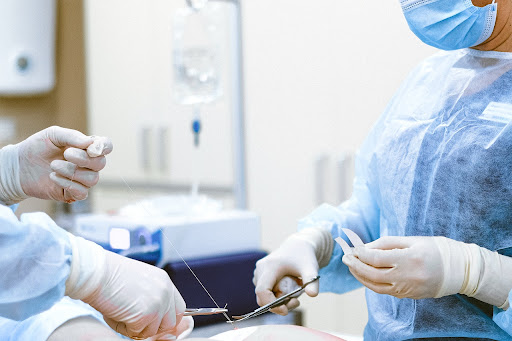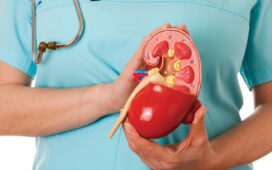I’m Dr. Cletus Georges. As a urologist, I often discuss common questions and issues with individuals who need help in this area. These questions might include the following:
– How can I prevent kidney stones?
– Is it normal to pass blood in my urine?
– Can drinking cranberry juice prevent a urinary tract infection?
– How do I determine the best surgical treatment for my prostate?
I regularly answer these and other questions on my blog, www.drcletusgeorgesmd.com, where you will find posts about urology topics that can help you.
Here are some common questions I get:
What can cause low testosterone levels?
Age-related low testosterone, called hypogonadism, is a common problem in men. There are many causes of this condition, including the following:
– Inherited genetic defects. Around 40% of cases of low testosterone result from inherited genetic abnormalities. For example, some men are born without an enzyme needed to convert testosterone to its active form, dihydrotestosterone.
– Injury or damage to the testicles. Injury or trauma to one of the testicles can stop it from producing enough testosterone after a man recovers from his injury.
– Damage due to radiation therapy for cancer treatment. If radiation therapy is given around the genitals, it can cause low testosterone.
– Hormone problems: Some disorders, such as hemochromatosis and tuberculosis, affect the body’s hormonal functions and cause low testosterone.
– Drug side effects: Certain drugs can decrease a man’s ability to produce enough testosterone, including those used to treat cancer or AIDS. Others include corticosteroids, medications used to treat ulcerative colitis or asthma, and certain antidepressants.
– Problems with the pituitary gland: The pituitary gland normally stimulates the testicles to produce testosterone. If this gland doesn’t function properly, it can cause low testosterone.
– Aging: As men age, their hormone levels decline, including testosterone levels.
– Abnormal testicles: If a man has undescended testicles or a condition called cryptorchidism, he may have low amounts of testosterone from birth.
What causes frequent UTIs?
UTIs are a common problem for women. They can cause pain and discomfort, as well as a need to urinate frequently.
There are different types of UTI:
– Acute UTI or acute cystitis is a type of infection that affects the bladder. Most cases occur in women, although men can get this type of infection.
– Chronic UTI or chronic cystitis occurs when a person has repeated acute infections of their bladder. This is more common in women and can lead to scarring of the bladder wall, making them more susceptible to UTIs.
What causes bladder stones?
Bladder stones, also called urinary calculi, are solid masses that form in the kidneys and then travel down to the bladder. They can cause pain and blood or pus in your urine. Bladder stones can be tiny, just a few millimeters across, or as big as an inch across.
– Struvite: These types of stones are more common in women than men, and they’re associated with having chronic UTIs. They’re made of magnesium, phosphates, and ammonia.
– Calcium oxalate: These kinds of stones are more common in men than women, and they tend to form after a bout of acute cystitis (acute bladder infection).
– Uric acid: This type is more common in men than women and results from having high uric acid levels in the body.
– Cystine: This type of stone is uncommon and can cause signs and symptoms similar to a UTI, such as pain while passing urine.







